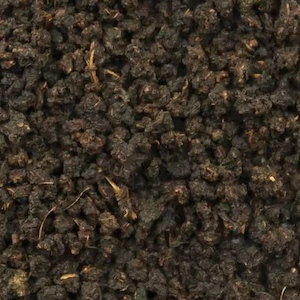Portsmouth Tea
Portsmouth tea is a black tea blend of Assam and Zimbabwe Tea. Its name derives from its immense popularity in Portsmouth, Hampshire, though now, many enjoy it around the world.
For those who enjoy a “hearty brew”, one would be hard-pressed to find a better beverage than Portsmouth tea. Among its many excellent qualities, it is described as malty, smooth, sweet and wholeheartedly refreshing.
Showing all 8 results
-
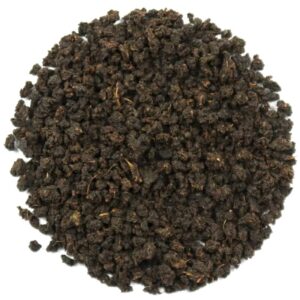
1.5 Kilo Portsmouth Loose Tea
£23.66 Add to basket -
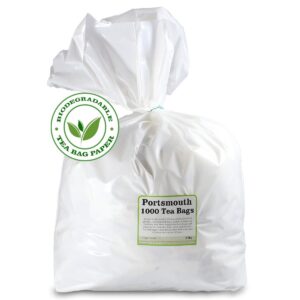
1000 Portsmouth Tea Bags
£34.80— or subscribe and save 10%Add to basket -
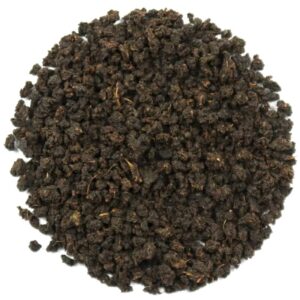
125g Portsmouth Loose Tea
£3.24 Add to basket -
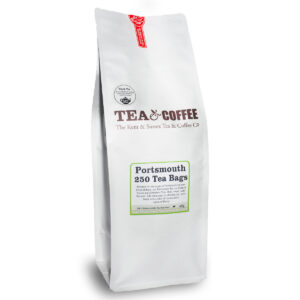
250 Portsmouth Tea Bags
£9.78— or subscribe and save 10%Add to basket -
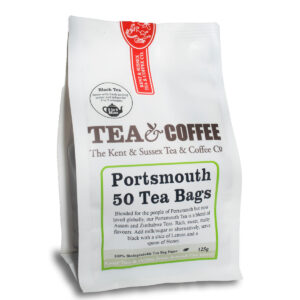
50 Portsmouth Tea Bags
£3.01— or subscribe and save 10%Add to basket -
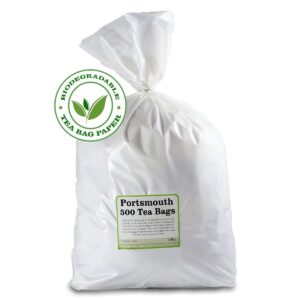
500 Portsmouth Tea Bags
£17.82— or subscribe and save 10%Add to basket -
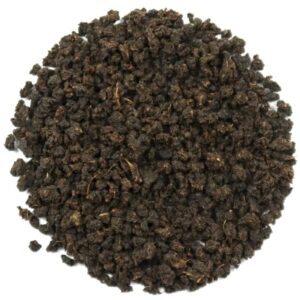
Portsmouth Loose Tea 250g
£5.30 Add to basket -
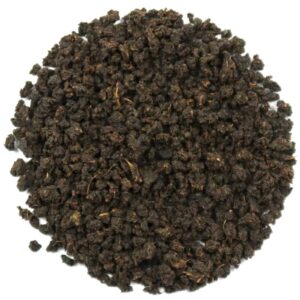
Portsmouth Loose Tea 500g
£9.22 Add to basket
Like all black teas, Portsmouth tea can improve one’s everyday way of life in a multitude of ways. Studies suggest that black tea can enhance cognitive function, potentially reducing the risks of developing dementia and Alzheimer’s disease.
Furthermore, it can lower “bad” LDL Cholesterol, thus improving cardiovascular health. And if that wasn’t enough, it can also support the immune system, reduce blood pressure and even boost the metabolism, thus enabling the body to burn fat quicker and more efficiently.
Every tea used in the making of Portsmouth loose tea, in particular, is a Broken Pekoe (BP) tea, which refers to the literal breaking of the tea leaf, which in turn promotes an enhanced strength of flavour in the cup. Suffice to say, Portsmouth loose tea is a notably “bold” choice.
It’s also worth noting the historical significance of both Assam Leaf Tea and Zimbabwe in the world of tea. Assam, a state in India, is the home of Indian Tea. It was here that, in 1823, a Scottish explorer and merchant named Robert Bruce first discovered a variety of the Tea plant growing near Rangpur (present-day Sivasagar).
This variety later became known as Camellia sinensis var assamica, named after the state in which it was found. Today, Assam tea is one of the most popular teas in the world.
Zimbabwean tea, meanwhile, dates back to only 1924. Interestingly, most of the plants originate from Assam. The vast majority of Zimbabwean tea is exported to Britain, at which point most is used in the making of tea blends, such as Portsmouth tea.

 Loose Leaf Tea
Loose Leaf Tea Pyramids
Pyramids Tea Bags
Tea Bags Africa
Africa Assam
Assam Ceylon
Ceylon Chinese
Chinese Darjeeling
Darjeeling European
European Indian
Indian Japan
Japan Nepal
Nepal South East Asia
South East Asia Ayurveda Tea
Ayurveda Tea Black Tea
Black Tea Chai Tea
Chai Tea Flowering Tea
Flowering Tea Fruit Tisanes
Fruit Tisanes Green Tea
Green Tea Herbal Tea
Herbal Tea Matcha Tea
Matcha Tea Oolong Tea
Oolong Tea Organic Tea
Organic Tea Pu erh Tea
Pu erh Tea Rooibos Tea
Rooibos Tea White Tea
White Tea Asian Coffee
Asian Coffee Caribbean Coffee
Caribbean Coffee Central American Coffee
Central American Coffee South American Coffee
South American Coffee Coffee Blends
Coffee Blends Decaffeinated Coffee
Decaffeinated Coffee Espresso Coffee
Espresso Coffee Ethically Sourced Coffee
Ethically Sourced Coffee Flavoured Coffee
Flavoured Coffee Organic Coffee
Organic Coffee Single Origin Coffee
Single Origin Coffee Chocolate 1
Chocolate 1 Chocolate 2
Chocolate 2 Chocolate 3
Chocolate 3 Chocolate 4
Chocolate 4 Chocolate 5
Chocolate 5 Chocolate 6
Chocolate 6 Chocolate 7
Chocolate 7 Chocolate 8
Chocolate 8 Chocolate 9
Chocolate 9 Loose Tea Filters
Loose Tea Filters Tea Accessories
Tea Accessories Tea Bricks
Tea Bricks Tea Caddies
Tea Caddies Tea Caddy Spoons
Tea Caddy Spoons Tea Gift Ideas
Tea Gift Ideas Tea Infusers
Tea Infusers Tea Strainers
Tea Strainers